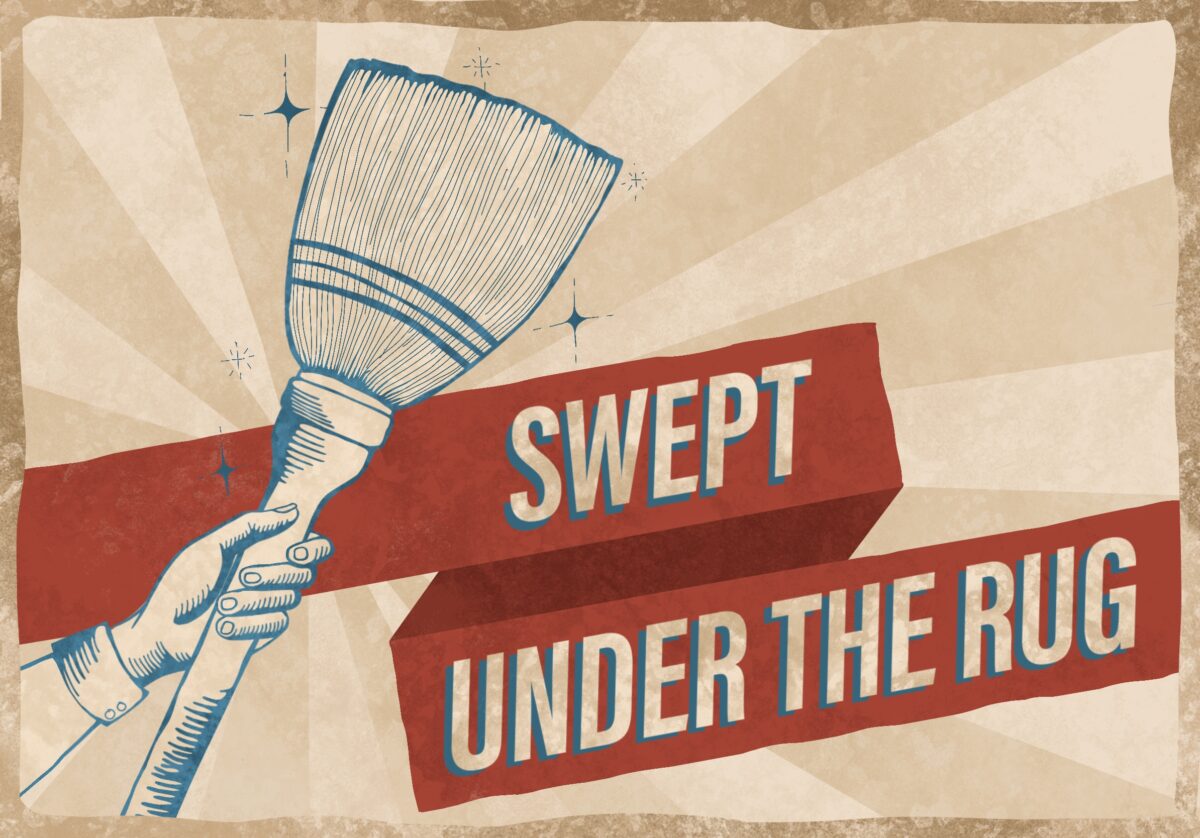Indian farmer protests explained
Tens of thousands of Indian farmers have been protesting against three new farming bills for almost seven months now. Around 60 per cent of India’s population works in the farming industry and many are living in poverty. They fear these new laws will make their current situation even worse.
The new bills seek to reform India’s current farming system by:
- Allowing farmers to sell directly outside of Mundis (state-owned markets)
- Allowing farmers to enter into contracts with the private sector by allowing orders on future crops
- Removing hoarding regulations, allowing traders to stockpile food
The Modi government claims that these new regulations will “liberate” the farmers; however, farmer’s unions believe that the government is “throwing them to the wolves.”
Farmers claim that these laws will put them at the private sector’s mercy, since their obligations are to their shareholders and not the farmers’ wellbeing.
In the state-owned Mundis, there are currently Minimum Support Prices (or MSP) in place, which guarantee the farmers a minimum price to sell their crops. These new bills will remove MSP pricing since the private sector’s goal is to increase profitability.
Additionally, nearly 70 per cent of Indian farmers are small producers, which means they will have little to no bargaining power against big corporations.
The only way Indian farmers and farmers’ unions can spread their concerns is by protesting. This is why tens of thousands of farmers from the Punjab and Haryana regions marched to India’s capital on January 26th. They have been protesting in the region for over 100 days.
Farmers have set up camp, brought food, and are ready to stay for as long as needed. They have already stated that they will not leave until the government rectifies the bills.
Overall, the farmers protest civilly and peacefully per their rights in the Indian constitution. However, the Indian government has been using “war-like measures” to disperse the protesters and stop them from exercising their rights.
Indian officials have put up barricades and nail strips around the Delhi region to prevent farmers from entering the area. Additionally, police have used tear gas and water cannons against the crowds. Some protesters have reported being beaten with batons. At one point during the protests, the government even cut off internet access.
Antonio Guterres, secretary-general of the United Nations, even called out the Indian government by saying, “People have a right to demonstrate peacefully, and authorities need to let them do so.”
With the Indian government refusing to rectify the farming bills, the protests could last several more months.
Graphic by @the.beta.lab
